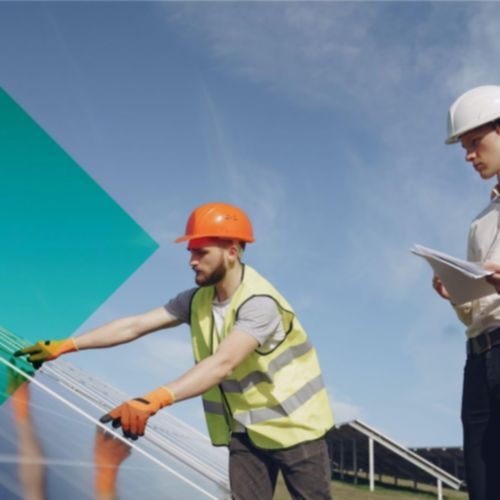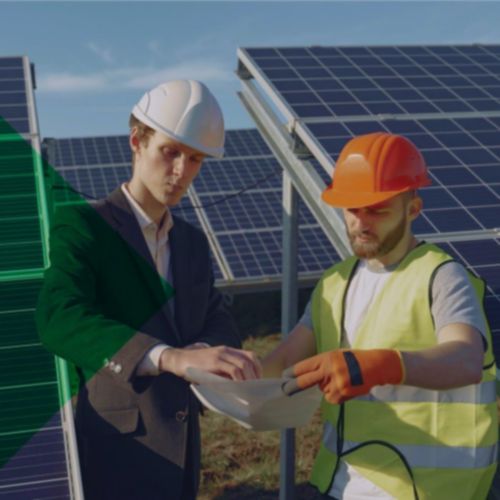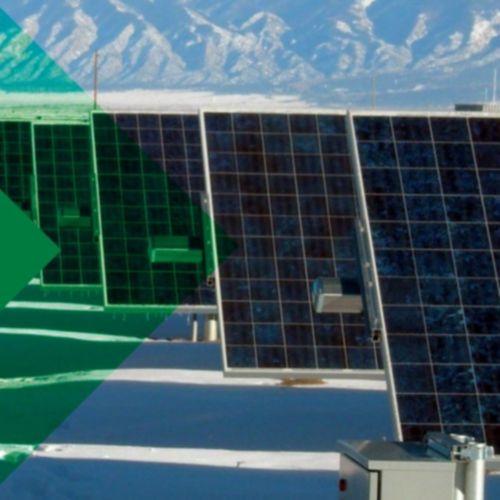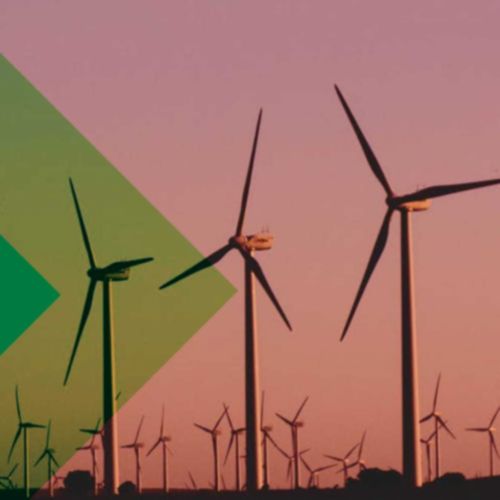Electricity and the Environment
Course at a glance
- Fully online asynchronous course.
- Aimed at industry executives, environmental professionals, project managers, power producers and regulators, those working in government agencies, utility companies and energy agencies, as well as developers and investors interested in expanding their career or business with renewable energy.
- Credentialed by the Foundational Technologies Institute (FTI), an independent organization, to meet standards of quality, practicality, and alignment to business needs.
What you will learn
By the end of this course, you should be able to:
- Describe the relationship between CO2 and temperature through the greenhouse effect.
- Define the albedo effect and outline its role in energy reflection.
- Outline the environmental impacts associated with different electricity generation technologies.
- Describe different policy tools used for Greenhouse Gas mitigation (including price-based instruments, command and control regulations, and technology support policies).
- Describe the principal characteristics of all major forms of energy storage.
- Outline the strengths and challenges of battery, thermal, compressed hydro, and compressed air energy storage systems.
- Outline the energy storage potential of Alberta.
- Describe some of the limitations and challenges to utility-scale energy storage.
This course has no prerequisites
Students from all educational backgrounds welcome. You can register for this course without applying and enrolling in a program.
Take note:
- Assessment activities include discussions, assignments, and quizzes.
Currently counts towards:
-
└ core course
-
└ course option
-
└14-hour course option
-
└14-hour course option
Applicants intending to enrol in a program are encouraged to apply as soon as possible to lock in their course requirements since they are prone to change.
*If you are already enroled in this program, please refer to your specific program requirements as outlined at the time of your admission: Bear Tracks > Academic Advisement.
When will this course be offered?
New course schedules are released each June and November.



